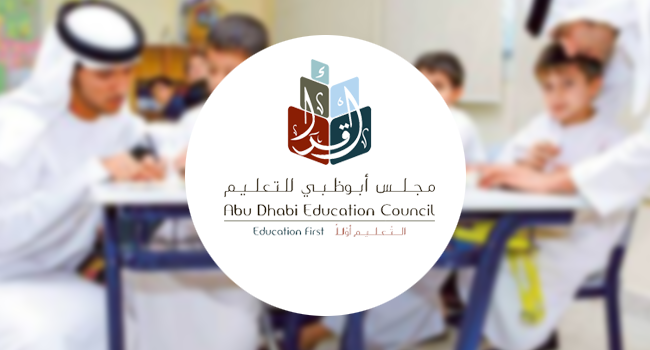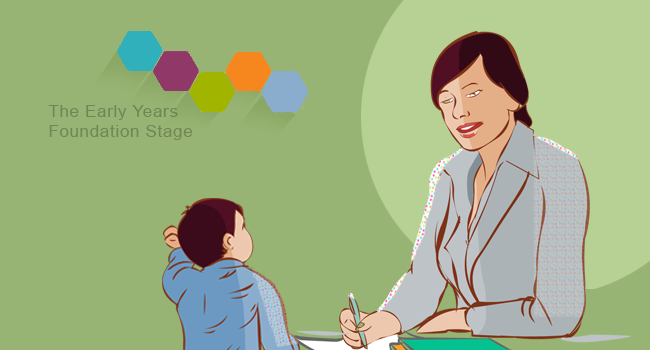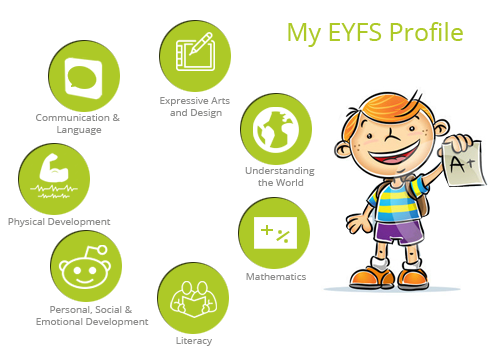ADEC strive to develop education and educational institutions in the Emirate of Abu Dhabi.
Established in 2005 by the UAE President, His Highness Sheikh Khalifa Bin Zayed Al-Nahyan, the Supreme Commander of the Armed Forces and the Ruler of Abu Dhabi, Abu Dhabi Education Council (ADEC) is recognized as a driver of superior education system. The council aims at meeting the development goals of the emirate by managing, guiding and implementing various educational development strategies and initiatives in Abu Dhabi.
This council manages the education system by dividing it into three – Public Schools ranging from kindergarten to adult education centers, around 185 Private Schools, and around 18 Higher Education institutions. From January 2008, the council became the supervising body of the Abu Dhabi Educational Zone (ADEZ). The council’s future vision is to make the Abu Dhabi education system world class with support for all learners in reaching their full potential to compete in the global market.
Role of this educational framework is to
- Deliver technical assistance for developing education and education institutions in the Emirate of Abu Dhabi.
- Plan education strategies in synchronization with the Ministry of Education within the framework of the UAE’s general education policy
- Improve the capabilities of education institutions and employees by conducting studies and making suggestions to develop education and vocational training
- Offer technical and solid assistance to educational institutions
- Support relations between educational institutions and the private sector
- Provide training for graduates and expose them to wide range of employment opportunities, thus raising the standard of education and vocational training.
- Enable educational institutions to implement the education plans of the Emirate by providing them with assistance, counseling and technical services.
- Create an educational database for the Emirate of Abu Dhabi
- Inspire the private sector to provide quality education services, based on existing laws.
ADEC is responsible for dealing, guiding, adopting and implementing various educational development strategies and initiatives in Abu Dhabi. Along with the core activities, the council has also implemented a number of key initiatives to ensure world class education in Abu Dhabi. Initiatives include-
- Irtiqa’a Program, a comprehensive school inspection system to monitor and benchmark performance quality education in our schools. The council’s school inspections are similar to the Dubai school inspections conducted by the DSIB division of the KHDA (Knowledge& Human Development Authority).
- School master plan to ensure high quality education for all school-aged children
- Library upgrade project to transform traditional libraries to 21st century Learning Resource Centers
- P-12 education system to organize education from Kindergarten through to Grade 12
ADEC also shows special concern for students with special education needs. Special education is offered for students with disabilities categorized as autism spectrum disorder, intellectual disability, hearing impairment, speech and language disorder, and multiple disabilities. Most schools in Abu Dhabi provide a broad curriculum within the framework outlined by both the UK Early Years Foundation Stage (EYFS) and Abu Dhabi Education Council guidelines.
Being an educator under the council provides an extremely rewarding as well as exciting opportunity to practice your teaching expertise. It also offers some of the best salary and benefits packages worldwide. The council's “Teacher Guidebook” helps teachers understand the key philosophies, values, and guiding principles of ADEC’s New School Model. It also promotes training program to assist teachers in professional development.
The role of the council’s professional development for educators and school leaders is to help them achieve the ADEC Professional Standards. This also supports school leaders to lead their schools more efficiently. With higher education as the major concern of the Emirate, they have 18 HE institutions, offering a superb range of courses and facilities.


